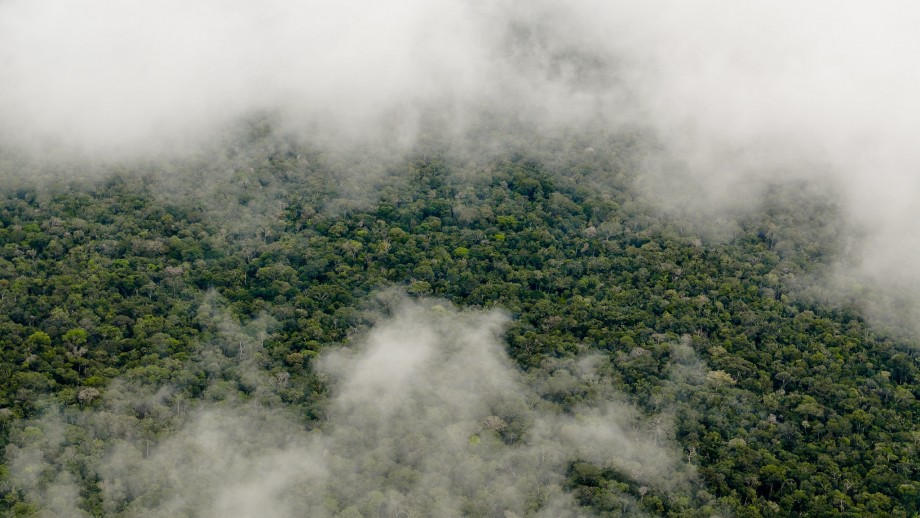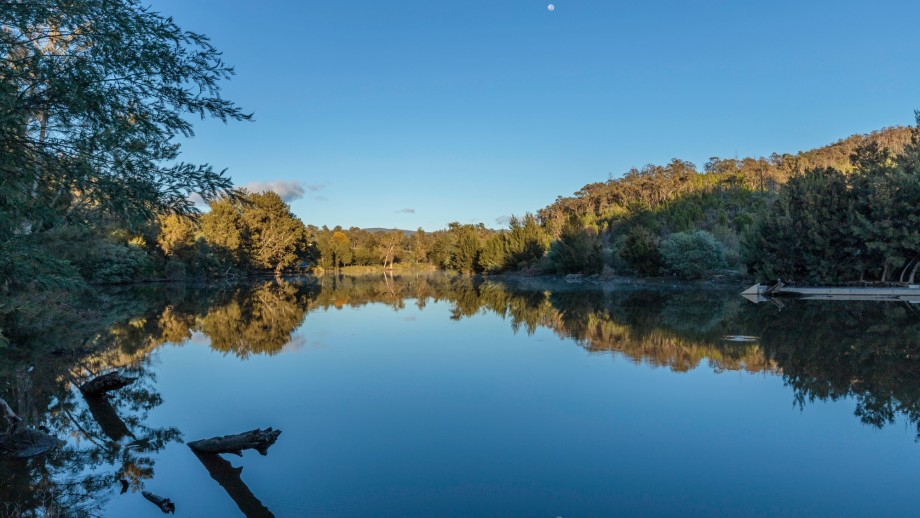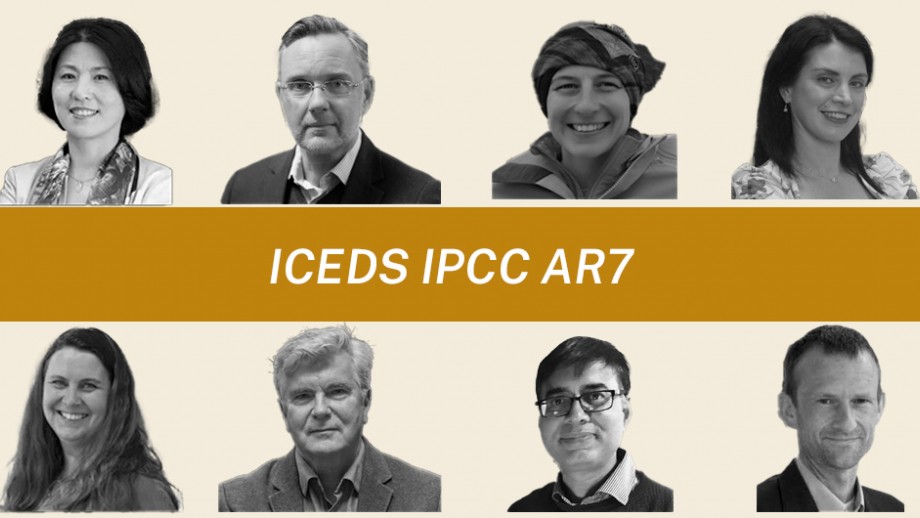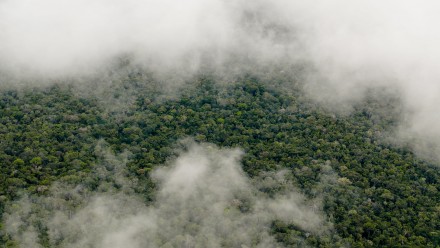About Us
About ICEDS
We connect people with climate, energy & disaster-risk research from The Australian National University. Our goal is to advance innovative solutions to address climate change, energy system transitions and disasters. We facilitate integrated approaches to research, teaching and policy, industry and community engagement across disciplines. We also collaborate closely with ANU Environmental Sustainability to support operational climate action that aims to reduce the University's greenhouse gas emissions to below zero and strengthen climate adaptation across campus.
Our Institute consolidates and builds on the activities of the former ANU Climate Change Institute, Energy Change Institute, and Disaster Risk Science Institute.
ANU colleagues involved in Climate, Energy or Disaster Solutions are warmly encouraged to join ICEDS.
Belém and beyond: Reflections on COP30 and what it means for COP31
Leadership for national adaptation in Australia – urgent next steps
Professional Short Courses »
ICEDS Professional Short Courses bring climate, energy and disaster decision-makers together with ANU researchers to discuss recent advances in climate science, the energy transition, and disaster-risk science in the context of real-world scenarios.
Click here for the latest course schedule and more information.
















